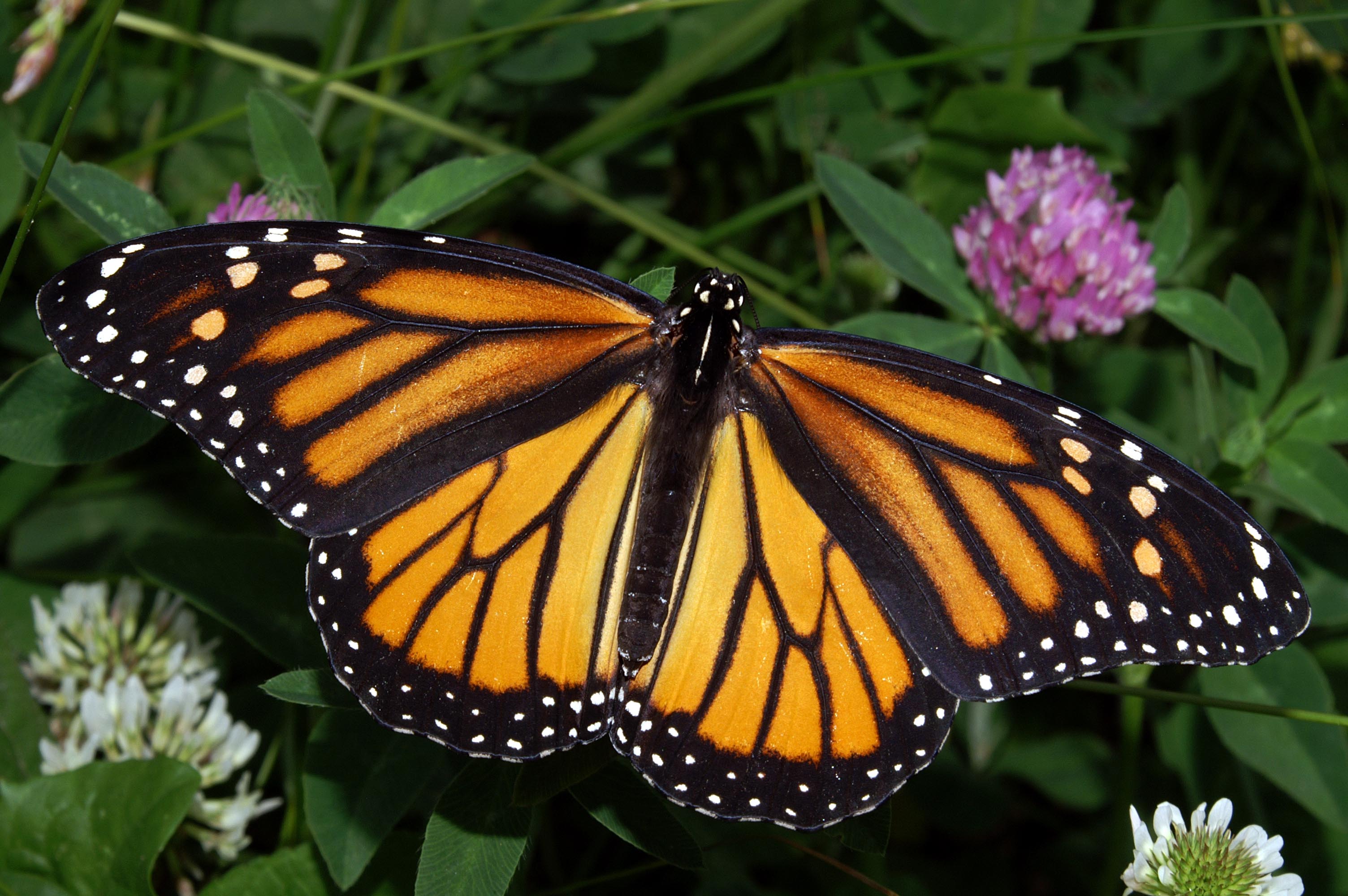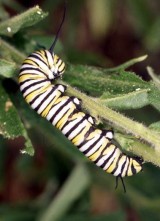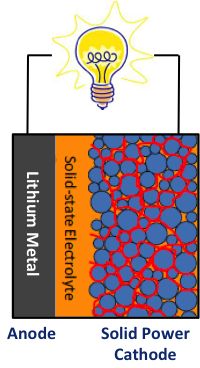
Our lives have been changed by lithium-ion (Li-ion) batteries which are everywhere: in our cell phones, cars, toys, power tools and grid energy storage. Indeed, the 2019 Nobel Prize in Chemistry was awarded to the three scientists who invented and developed them. As the world manufactures more and more Li-ion batteries, what are the challenges and opportunities for recycling them? How can we prevent the batteries from ending up in landfills where the toxic metals inside can leak out? In this episode, we talk with Dr. Zheng Chen, a professor of nanoengineering at the University of California, San Diego, and co-author on the paper “Efficient Direct Recycling of Lithium-Ion Battery Cathodes by Targeted Healing” published a few weeks ago in the journal Joule.
Hosts: Jill Sjong, Joel Parker
Feature: Shelley Schlender
Executive Producer: Beth Bennett
Show Producer: Joel Parker
Engineer: Sam Fuqua
Listen to the show:
Podcast: Play in new window | Download (Duration: 27:14 — 37.4MB)
Subscribe: RSS






